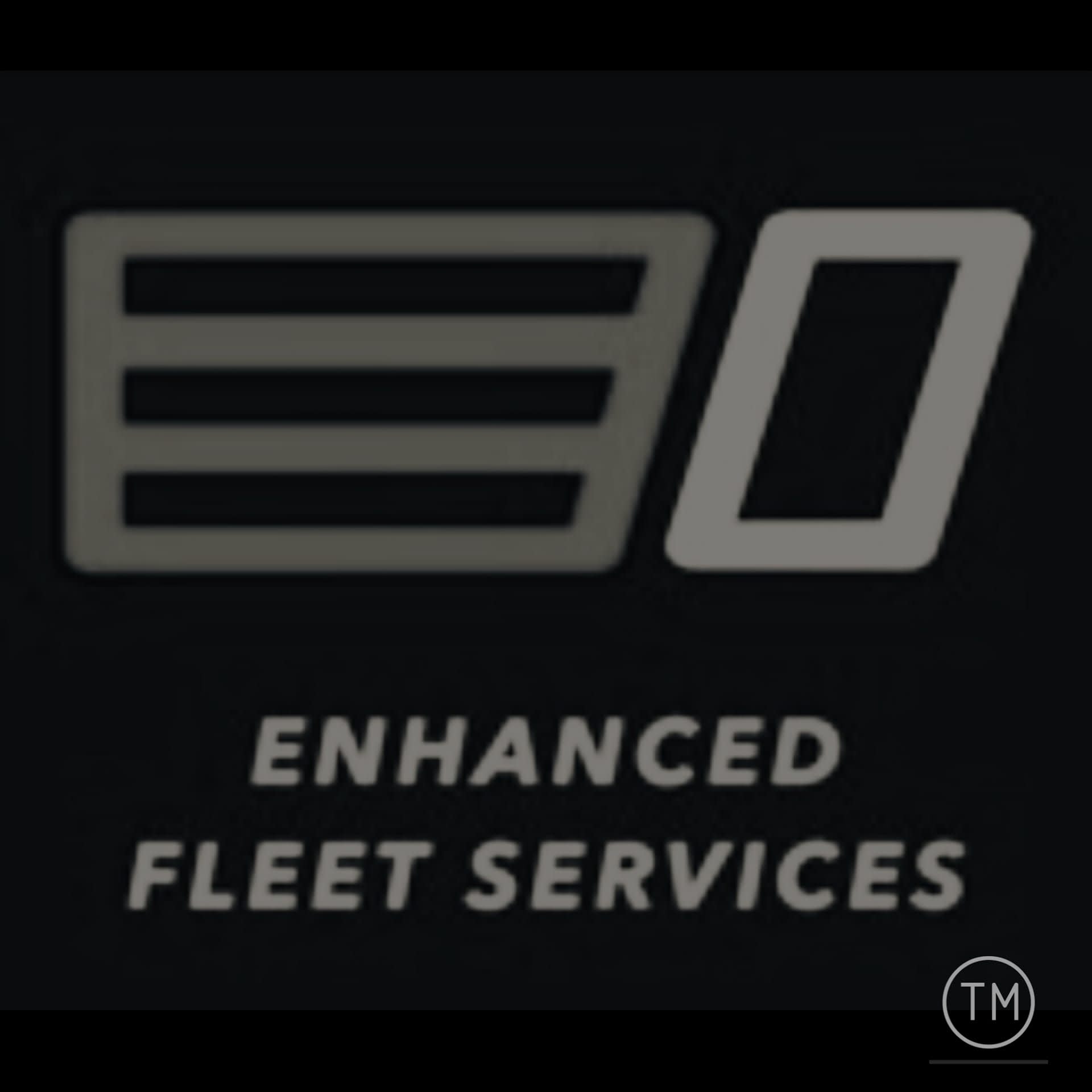Vehicle Inspections: A Guide to Keeping Your Trucks Safe

Posted on June 28th, 2023
Enhanced Fleet Services welcomes you to this comprehensive guide on vehicle inspections, focusing specifically on commercial vehicles like trucks and buses. As a business dedicated to ensuring the safety and efficiency of your fleet, we understand the critical role that regular inspections play in preventing accidents, minimizing downtime, and extending the lifespan of your vehicles. In this blog post, we will delve into the importance of vehicle inspections, the key components to inspect, and provide valuable tips to optimize your inspection process.
The Importance of Vehicle Inspections
Vehicle inspections are vital for commercial fleet operators for several reasons. Firstly, inspections help identify and address potential issues before they develop into major problems, ensuring the safety of your drivers and other road users. Regular inspections also contribute to regulatory compliance, allowing you to meet legal requirements and avoid penalties. Furthermore, by identifying maintenance needs promptly, inspections can help minimize downtime and increase the overall operational efficiency of your fleet.
Pre-Inspection Preparation
Before conducting a vehicle inspection, it is essential to prepare adequately. Ensure you have a checklist of the components to inspect, appropriate tools, and a well-lit inspection area. Additionally, make sure that your technicians or drivers performing the inspections are trained and knowledgeable about the specific requirements for commercial vehicles.
Key Components to Inspect
a) Braking System: The braking system is critical for the safety of your trucks. Inspect brake pads, rotors, calipers, and brake lines regularly to ensure they are in optimal condition.
b) Tires and Wheels: Check tire pressure, tread depth, and overall condition regularly. Worn-out or improperly inflated tires can lead to accidents and decreased fuel efficiency.
c) Steering and Suspension: Inspect the steering and suspension components to ensure proper alignment, smooth handling, and driver comfort.
d) Lighting and Electrical Systems: Regularly examine all lights, including headlights, taillights, turn signals, and interior lights. Faulty electrical systems can compromise visibility and overall vehicle safety.
e) Fluid Levels: Check and maintain appropriate levels of fluids such as engine oil, coolant, power steering fluid, and brake fluid. Neglecting fluid levels can lead to engine damage or mechanical failure.
f) Exhaust System: Inspect the exhaust system for leaks, corrosion, or damage. A malfunctioning exhaust system can result in decreased fuel efficiency and harmful emissions.
Inspection Frequency and Documentation
The frequency of vehicle inspections may vary based on local regulations, fleet size, and vehicle usage. However, as a general guideline, it is recommended to perform inspections at regular intervals, such as monthly, quarterly, or annually. Keep detailed records of all inspections, including any issues found and the actions taken to address them. This documentation can be useful for compliance audits, insurance claims, and tracking the overall health of your fleet.
Optimizing Your Inspection Process
a) Embrace Technology: Consider adopting fleet management software that allows you to schedule, track, and document inspections efficiently. Such software can streamline your processes and help you stay organized.
b) Train Your Team: Ensure that your technicians and drivers are trained in proper inspection techniques and familiar with commercial vehicle regulations. Regular training sessions can enhance their skills and ensure consistent adherence to safety standards.
c) Establish Preventive Maintenance Plans: Develop a proactive maintenance strategy based on inspection findings. Regularly scheduled preventive maintenance can reduce unexpected breakdowns, minimize repair costs, and extend the lifespan of your vehicles.
d) Encourage Driver Involvement: Drivers play a crucial role in identifying potential issues during pre-trip inspections. Encourage open communication between drivers and maintenance personnel to address concerns promptly.
Conclusion
Regular vehicle inspections are vital for maintaining the safety and reliability of your commercial fleet. By adhering to a comprehensive inspection process and implementing the tips outlined in this guide, you can ensure the longevity of your vehicles, minimize downtime, and prioritize the well-being of your drivers and the public. At Enhanced Fleet Services, we are dedicated to supporting your fleet management needs and are available to provide expert assistance for all your vehicle inspection requirements.
Remember, a well-inspected fleet is a safe and profitable fleet.
Connect With US
Schedule A Consultation With Us
Looking to keep your commercial transportation fleet in top condition? We specialize in comprehensive inspections and maintenance services for all types of commercial transportation equipment, ensuring your fleet stays safe, reliable, and efficient. From routine maintenance to complex repairs, our skilled technicians are here to help every step of the way. Contact us today to learn more and schedule your next service appointment – we look forward to working with you!
